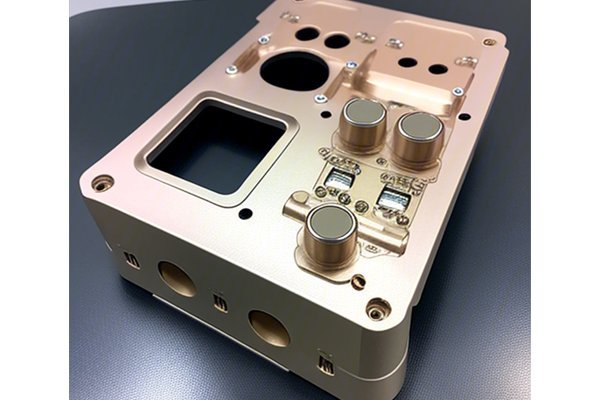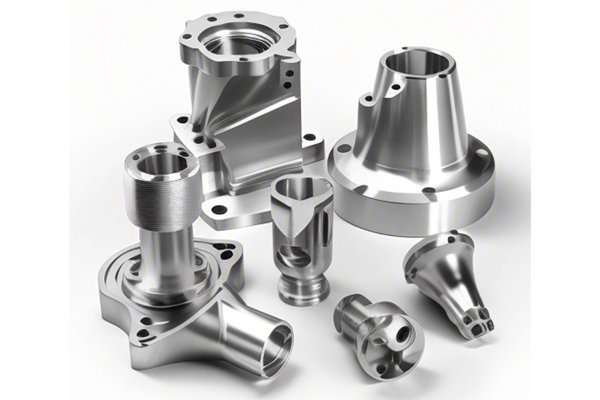: An Engaging Start
Did you know that nearly 90% of industrial manufacturers claim that subpar product quality can lead to catastrophic failures, potentially costing millions in damages and lost revenue? For those involved in CNC (Computer Numerical Control) custom processing, this statistic isn’t just a number—it’s a clarion call for precision and reliability in production processes. With CNC machining becoming increasingly prevalent in manufacturing, ensuring the integrity and performance of the end product has never been more critical.
As the demand for high-quality, custom-made components rises, so too does the need for effective testing solutions. One pressing question remains: can CNC custom processing factories provide batch testing services for products? In this comprehensive blog, we will unravel that question, exploring the intricacies of batch testing, its importance, and how CNC manufacturers can effectively implement such services to ensure product quality and reliability.
—
What is Batch Testing?
Batch testing is a quality assurance practice that involves testing a group of products (or a batch) to ensure they meet specified standards. This process is especially important during manufacturing as it helps identify defects or variances before the products are shipped out. In the context of CNC custom processing, batch testing can be applied to various parts and components, ensuring that they meet the required tolerances, material specifications, and performance standards.
The Importance of Batch Testing in CNC Machining
Challenges in Implementing Batch Testing
While the need for batch testing in CNC processing is evident, several challenges can hinder its implementation:
—
Solutions for Effective Batch Testing in CNC Custom Processing
Recognizing the challenges, we can break down a structured approach to implementing batch testing within CNC custom processing factories.
Establish clear protocols for what aspects of a product will be tested. This includes dimensional tolerances, material properties, surface finish, and functional testing. Following is a checklist of common testing parameters in CNC machining:

Utilizing advanced technology for batch testing can significantly enhance efficiency and accuracy. Some recommended investments include:
Having skilled technicians to conduct batch testing is crucial. Invest in training programs that focus on:
Create a system where feedback from batch testing informs the CNC machining process. This can include:
Encouraging collaboration with customers on batch testing can provide significant advantages:
: The Path Forward
In an era where quality is non-negotiable, implementing batch testing within CNC custom processing factories is critical to improving product reliability and ensuring customer satisfaction. By defining clear testing protocols, investing in technology, training personnel, establishing feedback loops, and collaborating closely with customers, manufacturers can overcome the challenges associated with batch testing.
Ultimately, responsible manufacturers will prioritize integrating batch testing into their operations as a commitment to excellence. The benefits—reduced costs, enhanced product reliability, and stronger customer relationships—are well worth the effort. As the market continues to evolve, batch testing in CNC machining will not just remain a service, but will emerge as a fundamental aspect of a competitive manufacturing strategy.
The implications of this blog extend beyond mere knowledge; they reflect a vision of quality, responsibility, and collaboration in the CNC manufacturing world. Let us commit to prioritizing quality through effective batch testing, ensuring that every product lives up to the high standards that your customers deserve.






